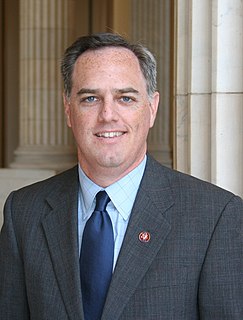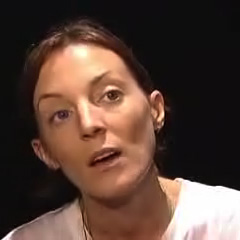A Quote by Juan Enriquez
It's actually very hard to find an area of the economy that doesn't fundamentally change in the measure that we are able to read and write life code.
Related Quotes
I think a lot of people want people who actually have qualities they don't find attractive as a way of being able to change them. It's fascinating, because people think if they can change the other person, they can change themselves. It's a complex phenomenon. It's a fantasy that's actually about being able to come to terms with ourselves.
The way I think of it is that Russia is not going to change fundamentally. They may change tactics; they may look at their interests and figure out what actions they take, but they're not going to change fundamentally. And they're going to try to gauge what will the responses be to things that they do, and what will our things be. And here, they do wonder what is the level of our resolve? How far are we willing to go? And that is something that is very hard to gauge.
When you learn to read and write, it opens up opportunities for you to learn so many other things. When you learn to read, you can then read to learn. And it's the same thing with coding. If you learn to code, you can code to learn. Now some of the things you can learn are sort of obvious. You learn more about how computers work.
There's a subtle reason that programmers always want to throw away the code and start over. The reason is that they think the old code is a mess. [...] The reason that they think the old code is a mess is because of a cardinal, fundamental law of programming: It's harder to read code than to write it.
Ugly programs are like ugly suspension bridges: they're much more liable to collapse than pretty ones, because the way humans (especially engineer-humans) perceive beauty is intimately related to our ability to process and understand complexity. A language that makes it hard to write elegant code makes it hard to write good code.
What do we measure when we measure time? The gloomy answer from Hawking, one of our most implacably cheerful scientists, is that we measure entropy. We measure changes and those changes are all for the worse. We measure increasing disorder. Life is hard, says science, and constancy is the greatest of miracles.
Write down the area of your life that most needs your attention right now and then write out all the details you saw of your soul's vision for this part of your life. What will that part of your life look like? How will achieving your goal change your life? How will it change the life of those around you? When you reach your goal, when you fulfill that desire, what will it make room for? Write that all down.

































